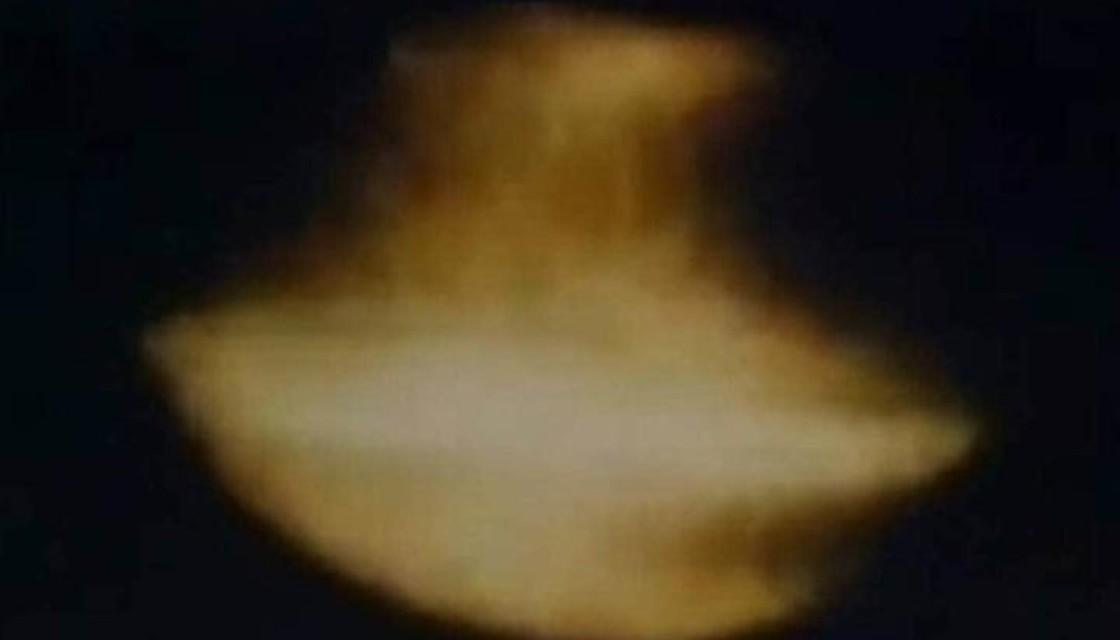
Declassified government documents show officials were struggling to debunk TV1 footage of the Kaikōura lights UFO sightings in December 1978.
In a report submitted to the United Nations in January 1979, the Department of Scientific and Industrial Research (DSIR) classified the objects as "UFOs until identified", but said the "prospect of extra terrestrial intervention being proved is regarded as extremely remote".
The document is one of a large group of declassified documents regarding "Unidentified Flying Objects" at Archives New Zealand, which came from New Zealand's post at the UN between 1977 and 1982.
In the briefing, DSIR debunks one film of the famous event, but has trouble in doing the same with TV1's footage.
"Both Crockett's and TV1's films are highly distorted," the briefing reads.
"Crockett's film now considered unmeritous because of visual discrepancies produced by filming through an argosy window. DSIR have actually duplicated Crockett's results by shining a torch light onto the plane's window.
"TV1's film proving more interesting as it was a straight shot free of any distortion produced by filming through glass and plastic.
"However, aberrations are apparent in the film which is making it difficult to analyse. DSIR are now converting the film to computer readout and are hopeful that distortions can be erased."
DSIR said atmospheric conditions could explain false radar readings at the time of the sightings, where both Christchurch and Wellignton air traffic control registered signals.
They said the readings weren't consistent with the sightings of pilots, or ground sightings.
"DSIR are not willing to make definite statements yet but their conjecture is that the objects filmed will turn out to be no more than general illumination (possibly produced by Jupiter or Venus) on the horizon.
"The objects remain classified as UFOs until identified. Prospect of extra terrestrial intervention being proved is regarded as extremely remote."
Other documents show the lobbying New Zealand received from the nation of Grenada, which wanted the United Nations to "initiate, conduct and coordinate research into the nature and origin of unidentified flying objects and related phenomena".
New Zealand was chairing the Western European and Other States Group in November, 1978, when Grenada wanted to table their suggestion, and was not too pleased at the suggestion.
"We are disenchanted with Granada resolution and would hope that the item can be disposed of without vote," one document reads.
"If put to the vote our inclination would be to vote against."
Another document said: "A number of countries who were members of the Outer Space Committee (particularly Austria) were unhappy at the proposal. They felt it would damage the Committee's credibility and divert resources from more imporant work."
New Zealand's Ministry of Foreign Affairs said it shared the opinion of the committee.
"The matter is not appropriate for discussion in a United Nations context.
"We would hope, therefore, that the matter would be disposed of without vote.
"If put to the vote a negative vote would be appropriate though the delegation has discretion to abstain in appropriate company."
Grenada eventually pulled its pursuit of an UFO investigations unit in the UN, at the urging of the United Kingdom.
RNZ


